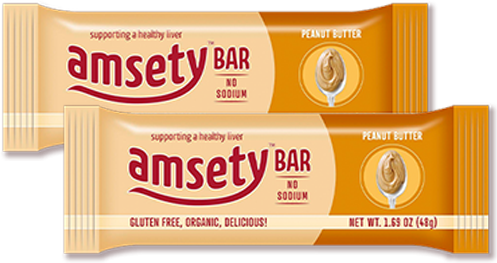Diet Tips
What are good foods for your liver?
- Foods from all the food groups: grains, proteins, dairy, fruits, vegetables, and fats
- High fiber foods such as fish, fruits, vegetables, whole grain breads, rice and cereals
What are bad foods for your liver?
- Uncooked shellfish such as oysters and clams
- Foods high in sugar, salt or sodium
- Fatty foods
- Foods high in artificial colors and flavors, and preservatives
- Alcohol
Liver Specialists recommend:
- Eating smaller portions and more frequently. Do not consume heavy foods in the evening, which can overload your liver during sleeping hours.
Choose light meals for dinner to let your liver have a rest at night.
- Drinking coffee may protect against liver cancer and regulate liver enzymes.
- Balance your protein intake: too much or too little of it can develop strain on the liver.
- Never take medications or drugs combined with alcohol.
- Green tea due to its high antioxidant capabilities can reduce risk of some cancers.
- Avoid medications and remedies containing iron. Since iron is stored in the liver, this may provoke the iron toxicity and even liver damage.
What is recommended:
- Sufficient energy intake for daily activities. The increased energy requirements associated with liver disease prevent further protein catabolism and help you meet the nutritional requirements, based on recommended daily intake
- Frequent meals and snacks during the day reduce the risk of hypoglycemia, which might subsequently improve oral intake among patients with poor appetites
- Consume meals containing foods rich in carbohydrates
- Incorporate branched chain amino acids (BCAA) into your diet to improve serum albumin and prevent muscle catabolism
- Consume sources of prebiotic soluble fiber
What to Avoid
- Avoid high glycemic, processed and/or refined sweeteners
- Control your protein intake
- Avoid dairy products
- Limit sodium intake
- Avoid foods containing potential liver toxins or contaminates
